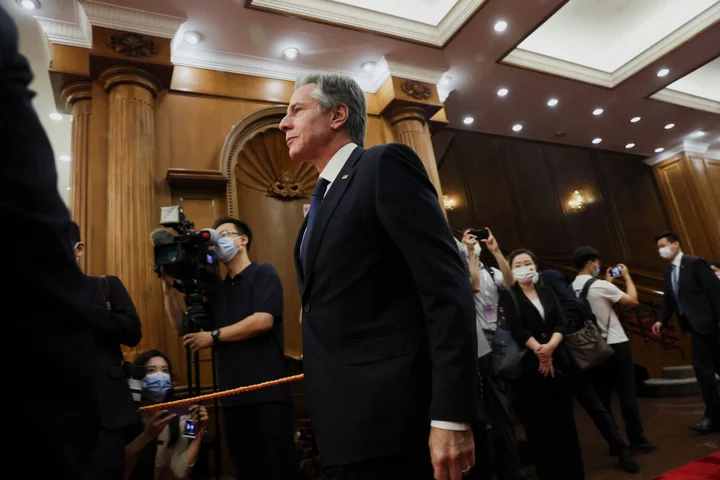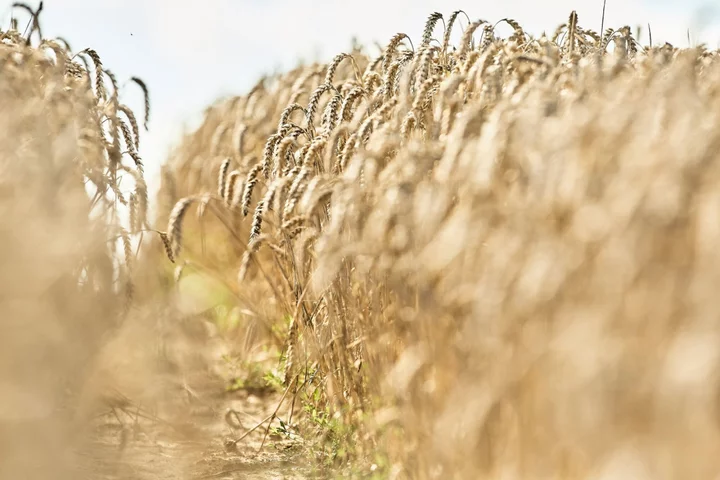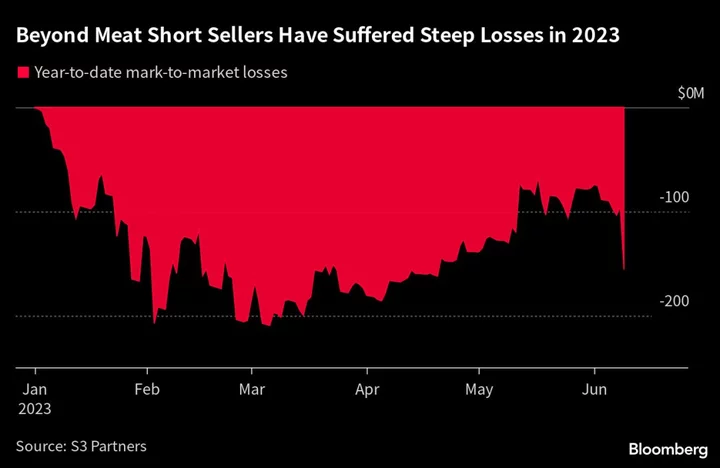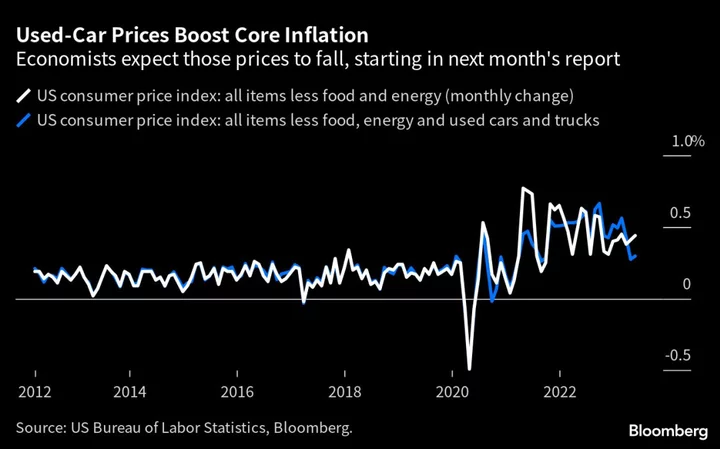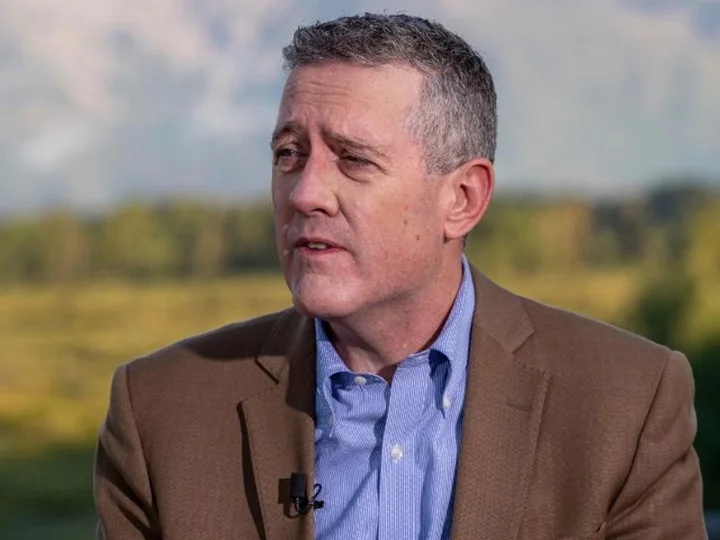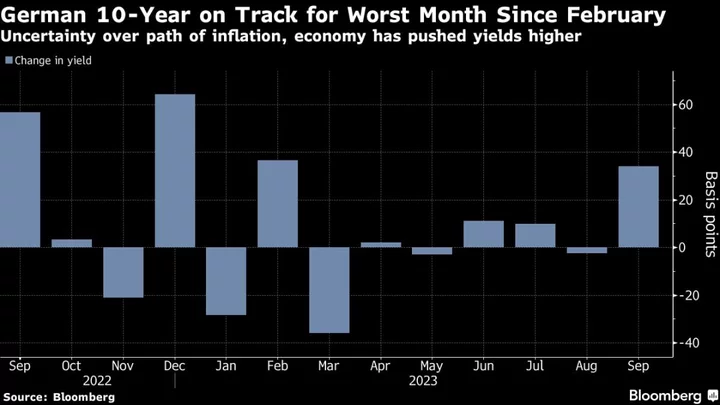US Secretary of State Antony Blinken met China’s top foreign policy official in Beijing, as the world’s largest economies press ahead with a two-day mission to stabilize strained bilateral ties.
The top US diplomat sat down with Wang Yi on Monday morning in Beijing. Blinken shook hands with Wang, and then the two sides sat down at long tables together. Their meeting comes after Blinken held talks with Foreign Minister Qin Gang on Sunday, which both sides described as “candid” and lasted 7 1/2 hours — much longer than planned, officials said.
The cautiously positive tone emerging from Blinken’s first day in China has raised expectations for Blinken to sit down with President Xi Jinping later Monday. That exchange has been held up as a benchmark of success for the US trip, especially after the Chinese leader met American billionaire Bill Gates in Beijing last week.
The most senior US official to visit China in five years, Blinken is making his trip at a tumultuous time, with the two sides sparring over everything from human rights and technology to trade and weapons sales to Taiwan. Qin said on Sunday that Taiwan is “the core of the core interests” of China and “the biggest problem” and “the most prominent risk” in China-US ties.
There was no expectation going into the talks that the US and Chinese delegations would reconcile any of the fundamental differences they have, a senior State Department official said Sunday evening. But Sunday’s dialog had helped improve the two sides’ understanding the others’ perspectives and push the talks toward a better outcome, this person said, while adding that doesn’t mean they agree with one another.
Blinken and Wang were planning on getting deeper into the specifics in their discussions on Monday, the senior official added.
The US side hopes to have more details for Blinken to announce when he speaks at a news conference ahead of his departure from China on Monday evening, the official said.
There are already tentative signs of progress on tangible matters. Both sides on Sunday said they’d discussed increasing flights between the two countries, many of which were scrapped during the coronavirus pandemic. The two sides also agreed to encourage educational exchanges, a sign that more student visas could be forthcoming.

